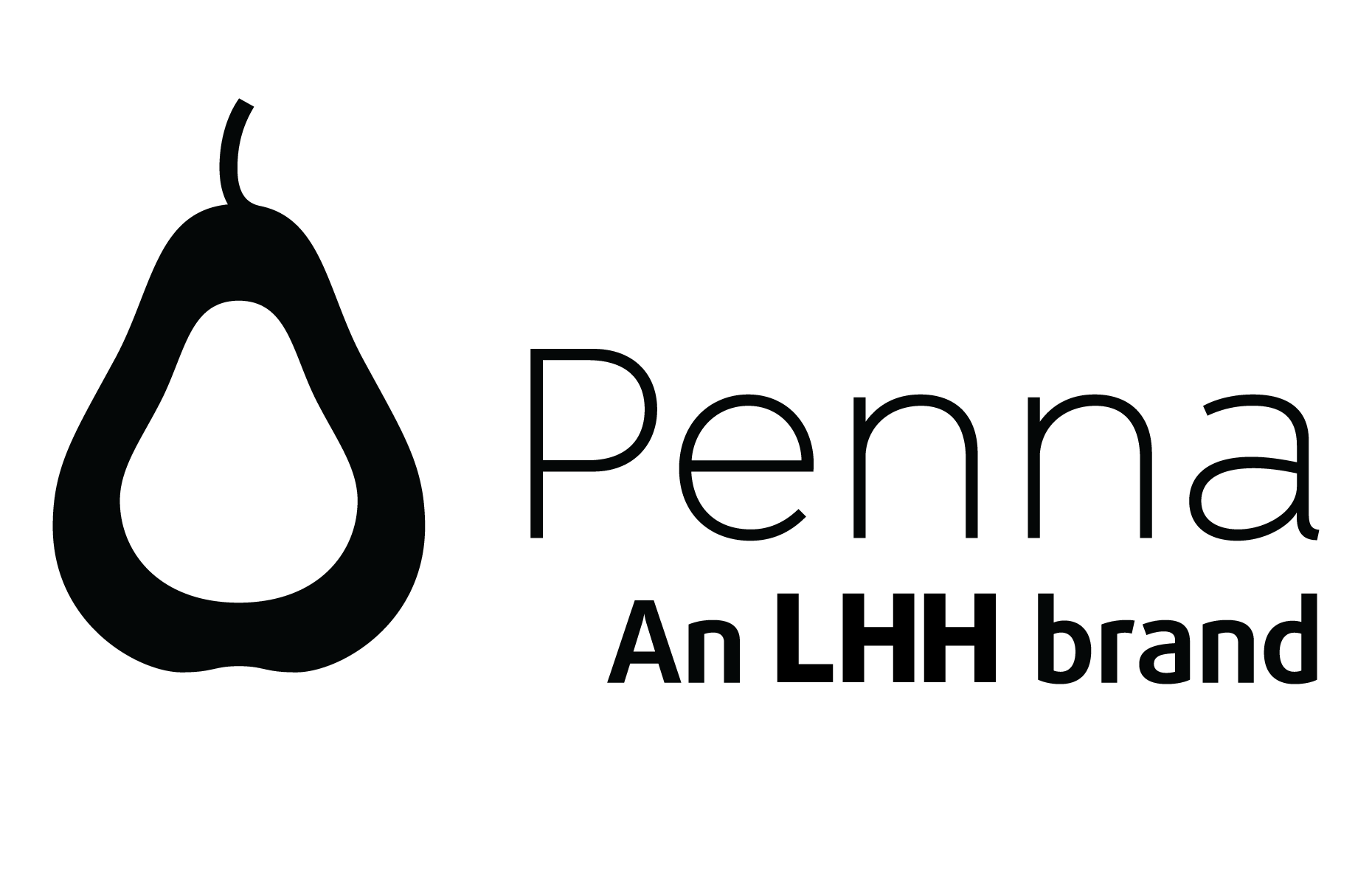In the ever-evolving landscape of job applications and talent acquisition, we increasingly hear about how the candidate-employer relationship is being fundamentally altered. Is the way that candidates present themselves to potential employers becoming less engaged thanks to recent changes in technology or is the way we currently look at the candidate journey due for an update?
Generative AI, with OpenAI’s ChatGPT at the forefront, is revolutionising the application process, offering tools that enable job seekers to enhance their presentations and narrative skills significantly. How individuals and companies choose to use these however, is a different matter. We’ve seen PwC and Monzo respectively ban the use of ChatGPT and other AI tools in applications and client work. But with a rising tide of open source, ‘freemium’ tools available to both candidates and recruiters alike, from HeyGen, Speechify, ElevenLabs and Sora, to Midjourney and Claude, we should be considering how to lean into the technology, rather than merely outright banning it.
How is ChatGPT levelling the playing field?
Imagine having the ability to draft a compelling cover letter or craft a detailed, bullet-pointed resume with ease. This is now a reality for many, thanks to the advanced capabilities of ChatGPT, which draws from a staggering 570 billion word dataset to assist users in creating persuasive and professionally structured documents. The impact of this technology extends beyond just crafting documents; it levels the playing field for individuals who may not have strong writing skills, offering them a chance to shine in competitive job markets.
Vince Miller, a reader in sociology and cultural studies at the University of Kent, UK, highlights the versatility and accessibility of this technology. From assisting students in writing appeals for parking tickets to enabling users to articulate their professional experiences more effectively, generative AI like ChatGPT is becoming an indispensable tool in various application processes.
Insights from Arctic Shores: A Surge in Generative AI Adoption
A groundbreaking research report by Arctic Shores, known for its task-based psychometric assessments, sheds light on the significant uptick in generative AI usage among job applicants, especially those in the early stages of their careers. In collaboration with Opinium, a research agency, Arctic Shores conducted a survey involving 2,000 students and early-career individuals to understand their perceptions and usage of generative AI in job applications and assessments.
The findings saw a whopping 72% of respondents reporting that they regularly utilise some form of generative AI, marking a 50% increase across just four months in 2023. Moreover, 70% of the participants anticipate incorporating ChatGPT into their job application or assessment processes within the next year. Already, 17% have used it in their applications, underscoring the growing reliance on this technology to navigate the complexities of job seeking.
The Demographics of Generative AI Usage
The research also reveals intriguing demographic trends in the adoption of generative AI. Black and mixed-heritage students are more inclined to use ChatGPT for job application purposes compared to other ethnic groups, with both demographics showing a 23% usage rate. On average, students are dedicating an hour and fourteen minutes weekly to ChatGPT, with those having neurodiversity conditions spending an additional twelve minutes on average. This indicates a broad and diverse appeal of generative AI across various applicant groups.
Implications for Employers and the Future of Recruitment
The surge in generative AI adoption among job seekers is not just a fleeting trend; it signals a paradigm shift in how candidates approach the application process and, consequently, how employers and talent acquisition leaders must adapt. The ability of applicants to present well-articulated, professionally crafted applications means that employers need to recalibrate their assessment strategies to discern the genuine talents and skills of potential hires.
As generative AI continues to evolve and integrate into our daily lives, its role in job applications and talent acquisition will only grow. Employers and job seekers alike must navigate this new landscape with an understanding of the technology's capabilities and limitations, ensuring that the human element remains at the core of the recruitment process. The future of job applications is here, and it is intertwined with the innovative world of generative AI.
If you’re looking for someone to advise you on the use of AI in your recruitment strategy, allowing you to secure diverse, high-quality candidates, then contact our team at info@penna.com




